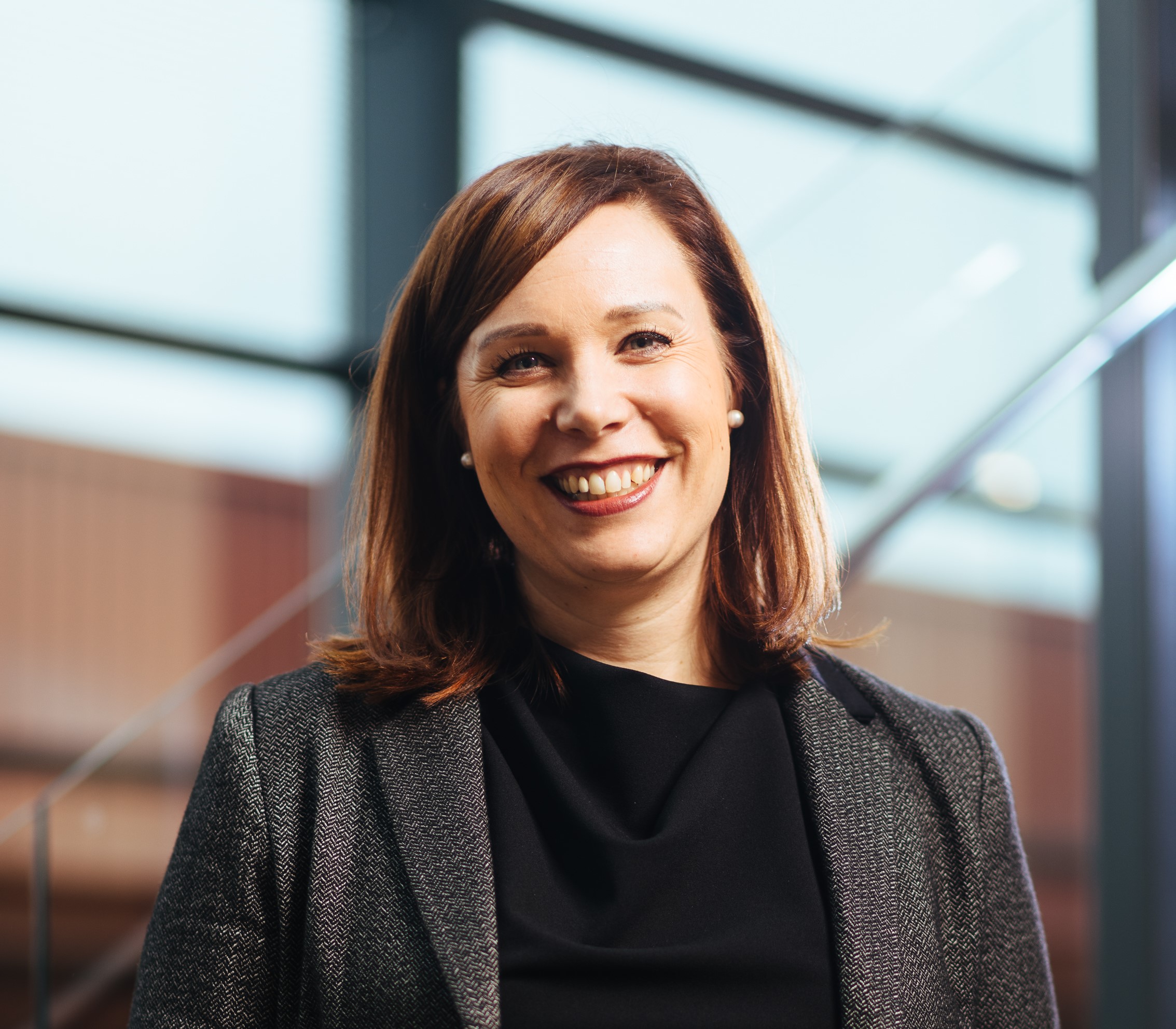The Mankala model is a cornerstone of Finnish energy production
“In Finland we have this thing called Mankala Principle” is a sentence often needed when TVO’s activity is explained to foreign stakeholders. This is because the Mankala principle is a peculiarity of Finnish energy production. It says a lot about the importance of the Mankala approach that approximately one half of all electricity produced in Finland is produced under it.

In short, the Mankala principle is a method of operation where several companies jointly establish a non-profit limited company for a common purpose.
TVO is a textbook example of a Mankala company. The model has been a key enabler in the construction of a nuclear power plant, which requires huge investments. Few individual companies would have the resources for this.
In TVO’s case, the Mankala model is about producing electricity at cost price. In other words, each shareholder is obliged to pay the costs incurred by the company’s operation in proportion to their ownership, and is similarly entitled to the electricity produced by the company according to their ownership. Production costs that cause expenses for the owners include, for example, operation and maintenance costs, insurance, taxes, loans and purchases of fuel.
“When we meet with our stakeholders both at home and abroad, we are often asked how a private company has succeeded in building nuclear power in Finland. It is easy to answer this question by explaining the Mankala model, which has enabled the financing of new projects as well as predictable electricity production for the owners. These have played a key role in the positive development of Finland’s self-sufficiency in electricity production,” says Jaana Isotalo, TVO’s Senior Vice President for HR, Communications and Training.
It is good to note that the shareholders have not only the right, but also the obligation to purchase the produced electricity at cost. Were the production cost to be higher than the market price, the profit would be a loss. Part-ownership of a Mankala company is therefore by no means risk-free for the shareholders.
The Mankala model is not limited to just energy production, but is also used in cooperative companies and housing cooperatives.
The model has a long tradition in Finland, as it was approved by the Supreme Administrative Court (KHO) in two decisions already in the 1960s. The model got its name from the fact that one of these two decisions concerned a company called Oy Mankala Ab.
The legality of the Mankala model has been questioned from time to time. Most recently, in 2010, two Finnish MEPs submitted a written question to the European Parliament concerning the legality of the principle. The point of criticism was a suggestion that a concealed distribution of dividend was involved. The European Commission investigated the matter but closed the investigation in 2012.
Text: Ville Kulmala
Image: Tapani Karjanlahti
Share